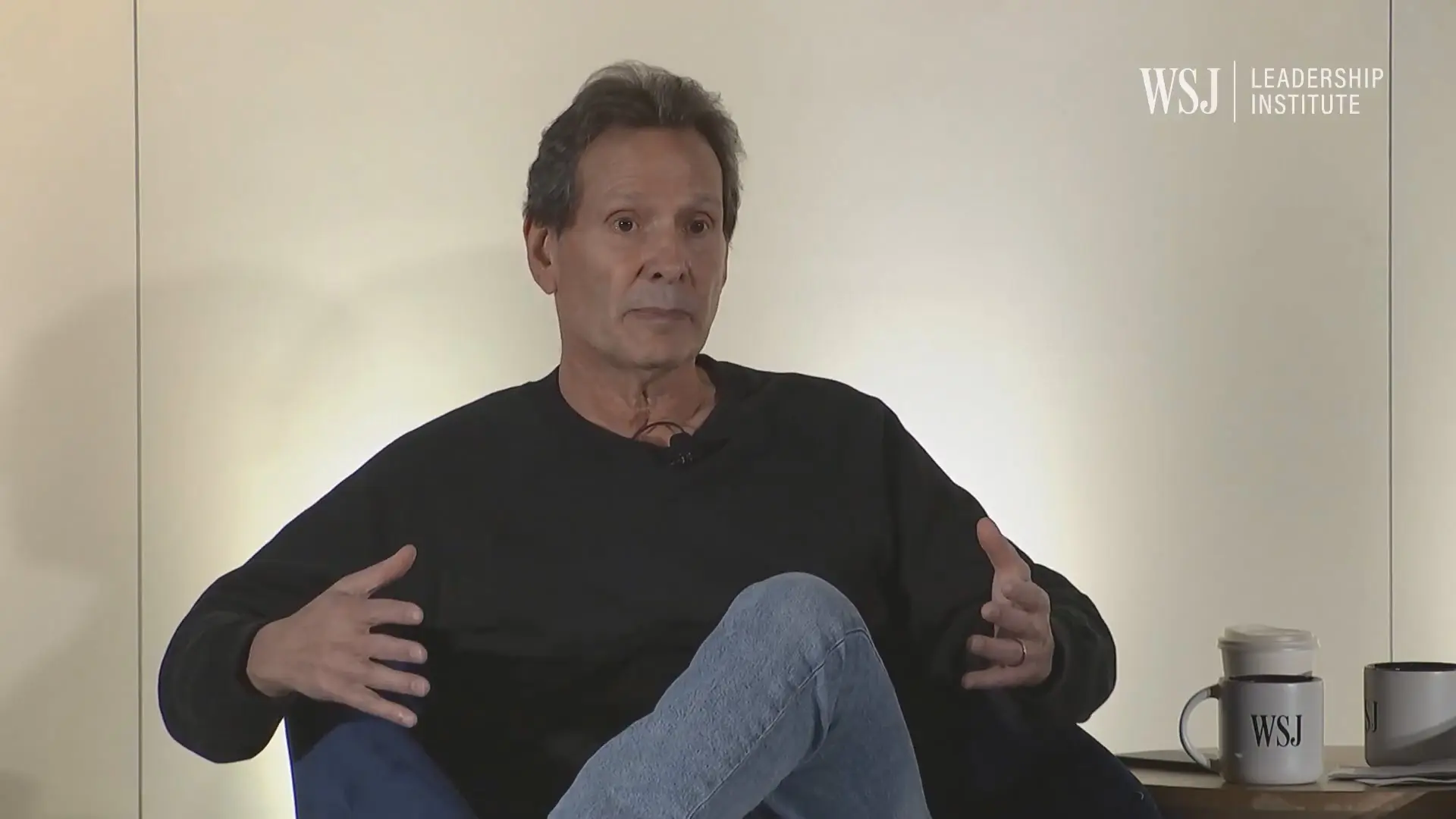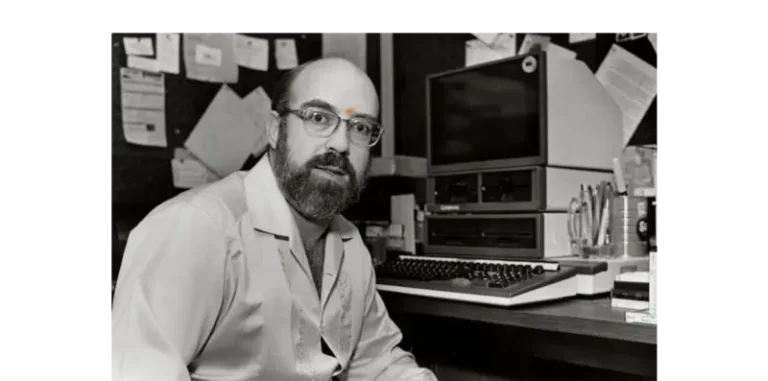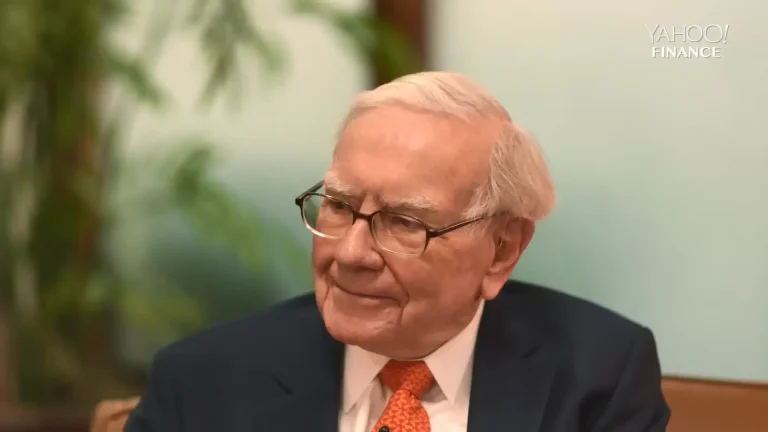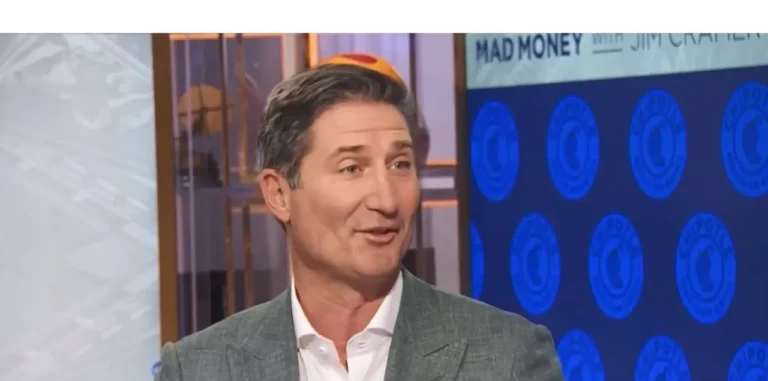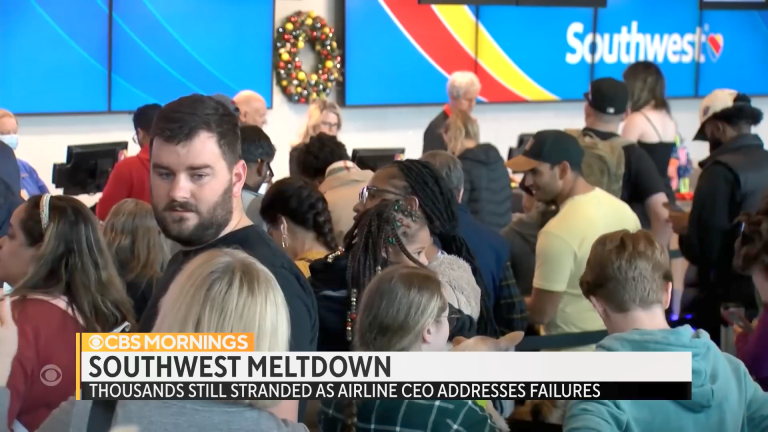When Layoffs Can Be Seen on the Verizon
The telecom’s new CEO signaled the big changes ahead, but fell short when it came time to deliver the message
When Verizon Communications announced last week that it was cutting 13,000 jobs, it likely came as little surprise to many employees of the nation’s largest mobile phone service.
Dan Schulman, a former Verizon director who was named CEO on Oct. 6, 2025, had been publicly telegraphing the news for weeks, even if the company never disclosed the specific number of layoffs, which is about 13% of its workforce.
Verizon’s managers, from the chief financial officer to its thousands of store managers, should have been carrying the same message to employees. Workers need to be prepared, especially when the news is bad. They need time to absorb bad news, and that should start before the news is delivered.
We’ll look at how Schulman, who was CEO of PayPal Holdings from 2014 to 2023, signaled the big cost-cutting move. We’ll also take a close look at his letter to employees about the layoffs, which the company published. That letter missed the mark, like his memo to employees when he took the top job, which we have analyzed.
The communication recipe
Barely a month on the job, Schulman was interviewed by former Fortune CEO Alan Murray during an event sponsored by The Wall Street Journal and its parent company Dow Jones. It was a fireside chat without the fireplace.
Schulman and Murray, who now heads up the newspaper’s events business, talked for nearly 30 minutes. Near the end, Murray asked Schulman what he would tell other chief executives about creating good relationships with their directors.
He said: “The first thing I would say to the CEOs — and I’ve been in the job for a month at present. I’ve already written three pretty lengthy memos to the board on what I’m seeing. — You know, I don’t want them to be surprised about things that are going on. I want them to be fully in line with what I’m doing. And I think like that communication back and forth is essential.”
That’s pretty good advice in communicating with employees too. Leaders cannot share the details of major announcements in advance. But when the news comes out, employees should feel informed and not surprised. And they should be among the first to know.
The telegraph
Verizon’s employees were already on alert for layoffs. The headcount was reduced by nearly 6%, from 105,400 at the end of 2023 to 99,600 at the end of last year. In September, before Schulman was hired, the company announced the elimination of 4,800 jobs, according to research platform Intellizence.
In the third quarter, Verizon lost 7,000 “postpaid” customers, who pay a monthly bill for the previous month’s phone usage. It was the third straight quarter of such losses. Analysts expected a 19,000 increase in postpaid customers.
Certainly, Verizon employees following Shulman’s public statements weren’t surprised.
- “This is a full reboot of what Verizon means in the marketplace,” he said during his first conference call with analysts as CEO on Oct. 29. “Cost reductions will be a way of life for us here.” Shulman and CFO Anthony Skiadas mentioned cost-cutting 16 times in the 14-page transcript of the call.
- During the Nov. 11 Journal event, Murray asked Schulman what a “full reboot” means. “Culturally, the organization needs to become less bureaucratic,” he said. “It needs to be more nimble. It needs to be more agile.” These are euphemisms for cutting jobs.
- Two days later, the Journal reported that Verizon would cut roughly 15,000 jobs, citing “people familiar with the matter.”
Verizon reduced the number of layoffs after the Journal story was published, the newspaper subsequently explained. The newspaper did not ask the telecom to comment, a sign that Verizon itself was the source of the news. Or perhaps the story was just a chance report.
Public comments like this are of course aimed primarily at investors. But employees will learn this info too, either from news outlets or through the grapevine, and maybe not as accurately. Employees need to be told by their bosses.
Schulman did explain the necessity for Verizon to change at an all-employee meeting, although we don’t know what he said.
The layoff letter
Being laid off has become so common that OSHA could classify it as an occupational hazard for middle managers. You’d think communications teams would get better writing the layoff memos, but alas.
Here are four quick comments on Schulman’s letter:
1. No euphemisms. Schulman’s subject line and title is “Building a stronger Verizon.” A better approach is to be direct with the news. Employees appreciate straight talk, which leaders sometimes find hard to deliver.
2. Don’t bury the news. Schulman sends employees off in the wrong direction with the title and first paragraph, which begins, “Thank you for the many messages you’ve shared about the work we need to do to strengthen our company. I appreciate your ideas and candor.”
As my friend and colleague Jim Ylisela Jr. quipped, “I’m assuming the employee suggestions weren’t about laying off 13,000 people.”
It takes Schulman nearly 160 words before he mentions the layoffs.
3. Sincere thanks. After announcing the layoffs, in the very next sentence Shulman thanks them. It sounds empty. It isn’t helped by repeating his thanks near the end of the letter.
In some ways, layoff announcements are like eulogies at a funeral. The announcements are for the living, not for the departed. The remaining employees want to hear praise for the contributions of those getting released.
4. Praise employees. Schulman’s plan is to shift the company’s focus to customer service and away from network engineering. He writes, “Being a customer-first, cost-conscious culture will be a way of life for us.”
Some employees might have reacted like we did: “What were we before? Chopped liver?”
A better way to say this: Recognize that Verizon’s employees have wanted to better serve customers and say this is chance to do it.
No argument
Schulman, 67, sees Verizon at a change-or-die moment. Who can argue with him?
“I’m not afraid at this point in my life to make really hard decisions and drive the company forward,” he said at the Journal event. “I think I’ve been massively transparent about it. And these are things that inside most big companies are unspoken, but I’ve been quite clear about it.
“We have not performed for our shareholders. We have lost market share consistently, and that cannot continue going forward.”
His belief in transparency may soon be tested.
Tom Corfman is a senior consultant with Ragan Consulting Group who recently turned off his landline. What took him so long? Need help with a memo announcing a round of layoffs? Email Tom to set up a free call with him and partner Jim Ylisela.
Follow RCG on LinkedIn and subscribe to our weekly newsletter here.

